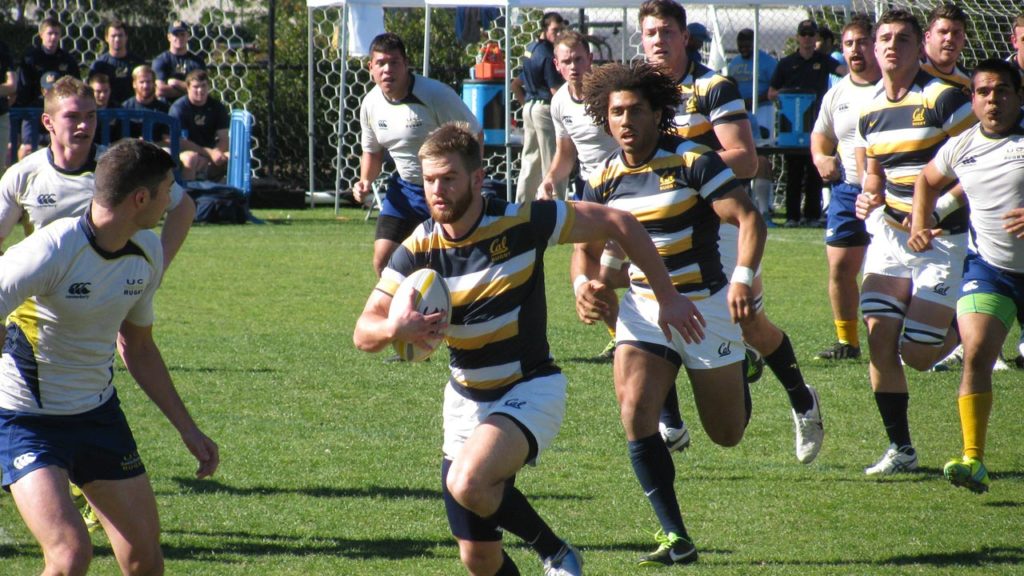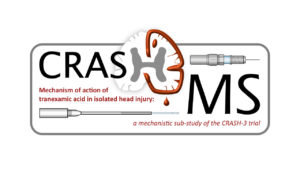
‘Balanced approach’ needed over tackling in school rugby, say SRMRC experts


Surgical Reconstruction and Microbiology Research Centre experts have called for a ‘balanced approach’ over suggestions that tackling should be banned in school rugby.
More than 70 doctors and academics called for the ban, in matches played in UK and Irish schools, in an open letter to ministers this week.
They say injuries from this “high-impact collision sport” can have lifelong consequences for children, claiming that two-thirds of injuries in youth rugby and most concussions are down to tackles and are advocating a move to touch and non-contact rugby in schools.
But Mr David Davies, Clinical Research Fellow at the NIHR SRMRC working in the field of traumatic brain injury, said: “The concept of taking contact out of the game for younger players has been discussed for some time, and has been heavily debated.
“From a traumatic brain injury point of view, and to a certain extent from a general trauma point of view, there is clearly a risk of injury. However, there is no definitive evidence that being tackled in a school rugby match contributes to long term neurodegenerative health problems.
“We are keen to encourage young people to participate in sport and are, therefore, advocating a balanced approach where young people can enjoy playing rugby safely under the supervision of qualified staff.”
Mr Davies, a neurosurgical specialist registrar at Queen Elizabeth Hospital Birmingham, is one of a team of researchers working on RECOS, an SRMRC study investigating repetitive concussion in sport, its possible long-term effects and novel methods of diagnosis.
The RECOS team have shared their views with the governing bodies of rugby union, cricket and football in England and advised on the diagnosis and treatment of concussion in their respective sports.
Concerns about school rugby matches have been raised as a seven-year programme headed by the English Rugby Football Union (RFU) seeks to introduce the sport to a million children in state schools across the country by 2019.
Many secondary schools in the UK also deliver contact rugby as a compulsory part of the physical education curriculum from the age of 11.
In their letter to ministers, chief medical officers and children’s commissioners in England, Scotland, Wales, Northern Ireland and the Republic of Ireland, the doctors and academics concerned insist the risks for players aged under 18 are high.
“The majority of all injuries occur during contact or collision, such as the tackle and the scrum,” the letter says.
“These injuries, which include fractures, ligamentous tears, dislocated shoulders, spinal injuries and head injuries can have short-term, lifelong and life-ending consequences for children.”
A spokesman for the Department for Education in England said: “Team sports, such as rugby, play an important role in developing character.
“We expect schools to be aware of the risks associated with sporting activities and to provide a safe environment for pupils.”




